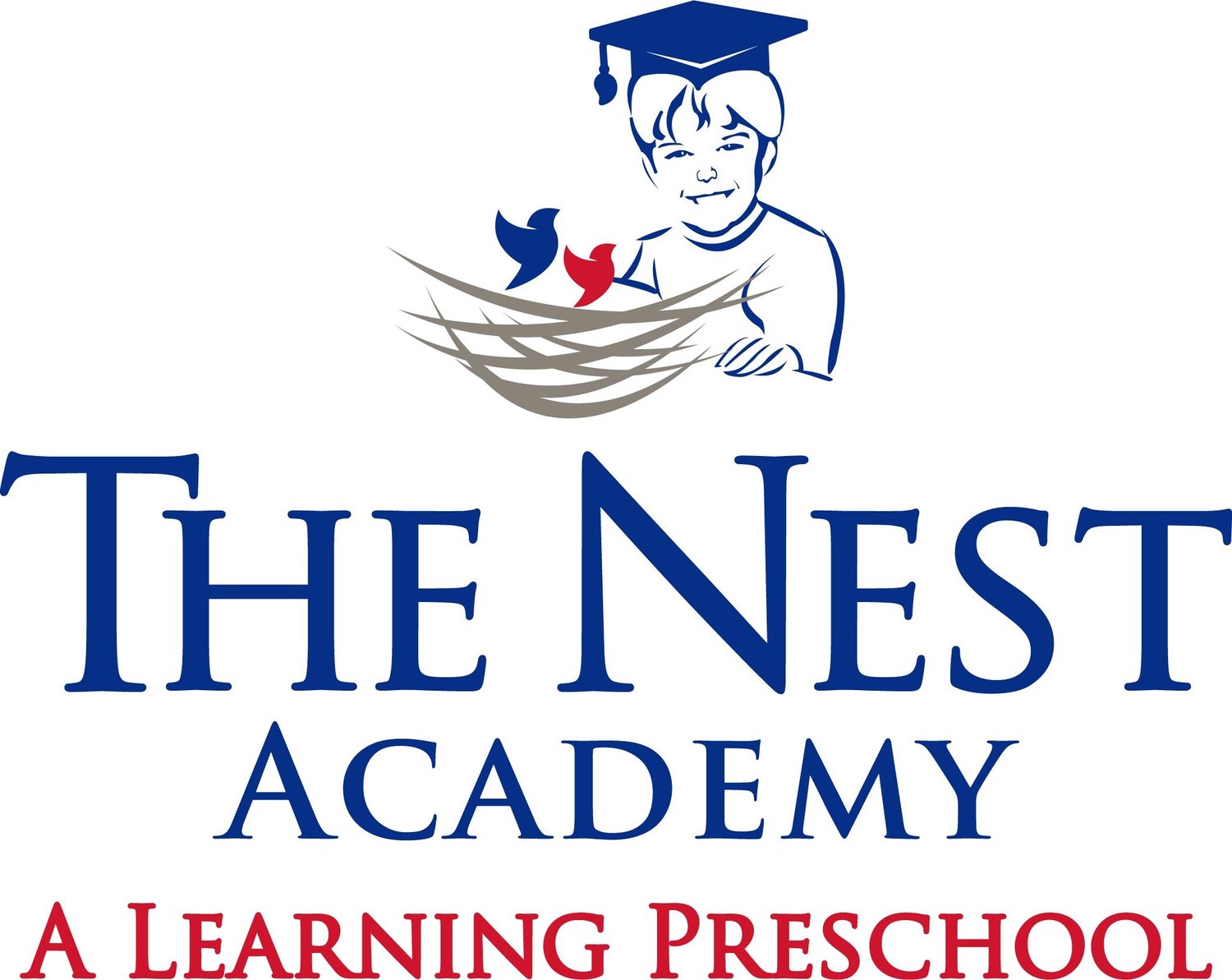What is the True Essence of Parenting? (Inspired by Leo Tolstoy)
As parents, we feel responsible. We want to raise our children right. We want them to become successful (whatever meaning we put on this word). Often we are afraid to make mistakes. And we worry that our mistakes will stay with our kids forever.
Many parents feel like the kind of upbringing they had needs to be altered for modern times. There has been so much research done in the past few decades, we feel like surely people know better now about how to bring up children.
And we attempt to learn to be better parents. We look at other families around us. We ask advice from people we respect. We read Internet posts named “How to teach your child to listen” or “What to do when the “terrible 2s” come.”
And finally we teach our children to:
Share
Be careful with the baby
Go and say “sorry”/ “are you all right?”
Listen to your parents
Watch you manners
Take turns
Say “thank you”
and so on…..
We talk to our children. We explain to them why they should share their toys, why they should apologize when they did something wrong, why they need to be polite.
“But is it really good enough?” asked Leo Tolstoy.
One of the greatest writers of 19th century, a philosopher, a social activist, a predecessor of Mahatma Gandhi and Martin Luther King in their non-violence ideas, a teacher at a peasant school, and a husband and a father of 13 children, Tolstoy had very distinct thoughts on parenting. The only way to teach your children to be better, he said, is to be better yourself.
Tolstoy described good parenting as living a good, meaningful life yourself. He thought that to be a parent you do need to feel responsible, just not in the way many of us think about it. He believed that you are not responsible for your child’s good and bad behavior, but for your own good or bad behavior.
Parenting is all about working on yourself, building your own character, he said. Only by doing this people can influence others, especially children. Instead of asking: “Are we good enough parents?” he said that the question should be: “Are we good enough people?”
Leo Tolstoy believed that “the only way to teach others is through teaching ourselves.” When we realize that, we will not think about how to bring our children up, he said. “There is only one question left: how to live ourselves?” (from a letter to F. Zheltov, 1895, Moscow, translated by me)
So this begs new questions: How do we live ourselves? Are we generous with others? Do we always consider other people’s feelings? Do we apologize when we do something wrong?
Most children are very sensitive to insincerity. They might not show it, often they might not be aware of it, but they feel it when we try to stretch the truth. I believe that this is the reason why “great talks” and different kind of punishments just stop working after a while. We ground our children or give them inspiring speeches, and we feel like we are doing our duty. But when our children become teenagers, so many parents suddenly feel lost. Why do they ignore us? Why do they keep doing what they are doing after everything we taught them?
I believe that many parents do not realize that sometimes what they do and what they teach their children might be two opposite things.
Tolstoy said that being truthful with your child is the second main point of healthy, natural parenting. To him, being truthful meant to be honest about yourself, both about your great qualities and about your weaknesses.
“Children are much more moral than adults, and they can see all the shortcomings of the parents,” he wrote. “And they can see the worst of them – hypocrisy. They see it and they lose respect for their parents and all of their lectures. If you do not want to be scared to show your children the way you live, you have to make your life good, or at least less bad. That is why teaching others includes teaching ourselves, and nothing else is needed.” (from a letter to F. Zheltov, 1895, Moscow, translated by me).
Tolstoy did not tell us that we should be our best selves all the time, that way we will have perfect children. It is impossible. Inevitably our kids will see us behave in ways that we wish they hadn’t. But what is very important in situations like that is not to lie to them.
I agree with Tolstoy – being honest with your child and with yourself is a must.
Yes, I have some shortcomings. Sometimes I get upset, sometimes I misbehave, sometimes I am unfair. But I want to be better. I am working on that.
It might be hard for us to agree with Leo Tolstoy’s views on parenting. They are very straightforward and like the majority of the great writer’ beliefs, they are uncompromising. Nonetheless, they can help parents greatly.
We can shift priorities and instead of thinking of what to give to our children, we can think of what our children see as we teach ourselves. It may be that the time when we become parents is the best time for some introspection. And it may be that it is the best time to honestly ask ourselves one question: Do we want our children to be like us?.
By Ksenia LL



